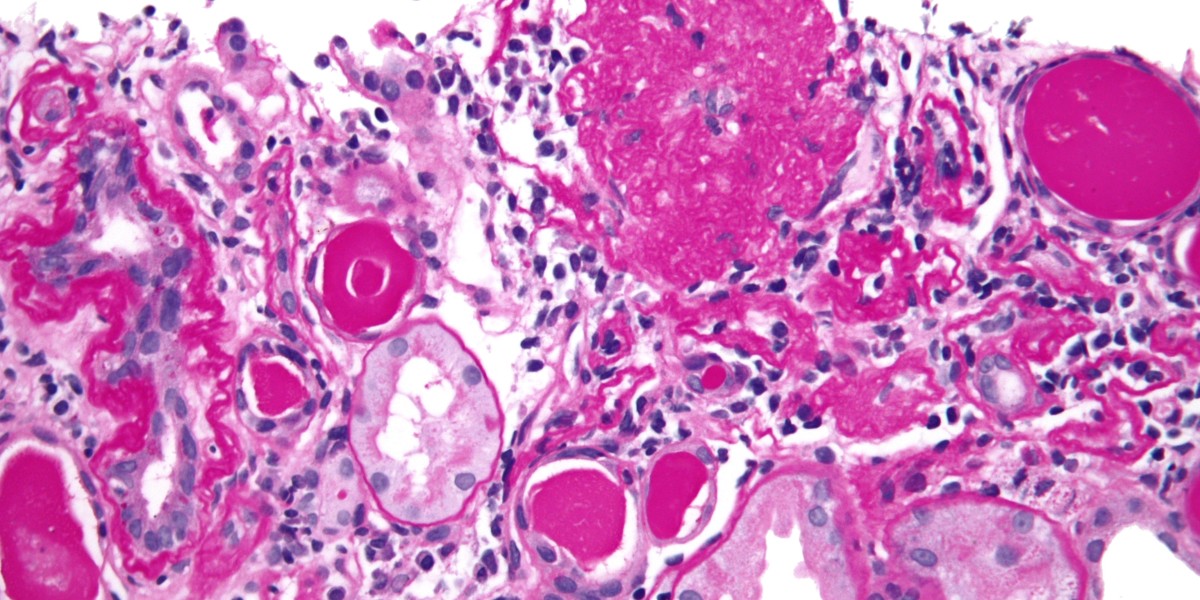At NephCure, we are dedicated to raising awareness and providing support for individuals facing rare kidney conditions. Among the most concerning kidney diseases are C3G Treatment, Minimal Change Disease, and Focal Segmental Glomerulosclerosis (FSGS). Understanding these conditions and their treatment options is crucial for managing kidney health effectively.
Understanding C3G and Available Treatment Options
C3 Glomerulopathy (C3G) is a rare kidney disease caused by abnormal activity in the complement system, leading to excessive immune deposits in the kidney. This condition can result in progressive kidney damage.
Common Symptoms of C3G:
Blood in urine (hematuria)
Protein leakage in urine (proteinuria)
Swelling (edema) in legs and face
High blood pressure
C3G Treatment Approaches
Since C3G is a rare disease, research into its treatment is still evolving. Current management strategies focus on:
Immunosuppressive Medications – Drugs such as steroids or mycophenolate mofetil may help regulate the immune system.
Complement System Inhibitors – These new therapies target abnormal immune activity to slow disease progression.
Blood Pressure Control – ACE inhibitors and ARBs are often used to protect kidney function.
Plasma Therapy – Some cases may require plasma exchange to filter harmful substances from the blood.
Ongoing research by organizations like NephCure aims to find more effective treatment options for C3G patients.
Minimal Change Disease: A Leading Cause of Nephrotic Syndrome
Minimal Change Disease (MCD) is one of the most common causes of nephrotic syndrome, particularly in children. Despite its impact on kidney function, MCD is unique because the damage is not visible under a standard microscope.
Symptoms of MCD:
Sudden swelling in the legs and face
Foamy urine due to protein leakage
Increased risk of infections
Weight gain from fluid retention
Treatment for Minimal Change Disease
The good news is that MCD often responds well to treatment. Management includes:
Corticosteroids – Prednisone is the first-line treatment for reducing inflammation and protein leakage.
Immunosuppressive Therapy – If steroids are ineffective, additional medications such as cyclophosphamide may be used.
Dietary Changes – Reducing salt intake can help control swelling and blood pressure.
Long-Term Monitoring – Regular check-ups with a nephrologist are essential to track kidney function.
While relapses can occur, proper treatment and ongoing care help most individuals manage the condition effectively.
Understanding Focal Segmental Glomerulosclerosis (FSGS)
Focal Segmental Glomerulosclerosis (FSGS) is a serious kidney disorder involving scarring in the filtering units of the kidneys (glomeruli). Unlike MCD, FSGS can lead to permanent kidney damage over time.
Symptoms of FSGS:
Swelling (edema)
High levels of protein in urine (proteinuria)
High blood pressure
Gradual decline in kidney function
FSGS Treatment Options
Managing FSGS requires a targeted approach since it can progress to kidney failure. Treatment includes:
Steroid Therapy – Some cases respond to corticosteroids, though not all patients benefit from them.
Calcineurin Inhibitors – Drugs like cyclosporine or tacrolimus can help reduce immune-driven damage.
Blood Pressure Medications – ACE inhibitors or ARBs protect kidney function by lowering protein loss.
Dialysis or Transplant – In severe cases, kidney replacement therapy may become necessary.
NephCure supports research into innovative treatments that aim to slow down FSGS progression and improve patient outcomes.
The Importance of Kidney Health Awareness
Understanding C3G Treatment, Minimal Change Disease, and Focal Segmental Glomerulosclerosis is essential for individuals facing these conditions. Early diagnosis, proper treatment, and lifestyle modifications can significantly impact long-term health.
At NephCure, we are committed to empowering patients by providing education, advocacy, and funding groundbreaking research to develop better therapies for kidney diseases.
Final Thoughts
Navigating kidney health can be challenging, but with the right support and resources, individuals can manage their condition effectively. If you or a loved one are affected by C3G Treatment, Minimal Change Disease, or Focal Segmental Glomerulosclerosis, don’t hesitate to seek expert advice and explore available treatment options.
NephCure remains dedicated to improving outcomes and supporting those battling rare kidney diseases. Stay informed, stay proactive, and take charge of your kidney health today.






